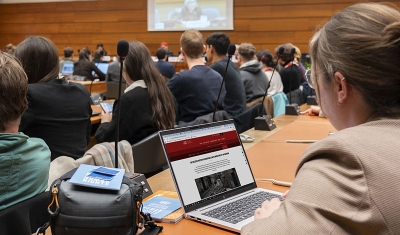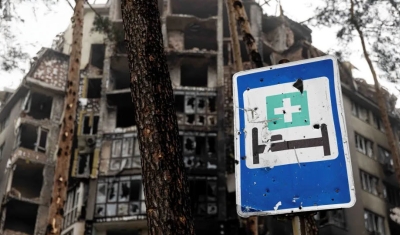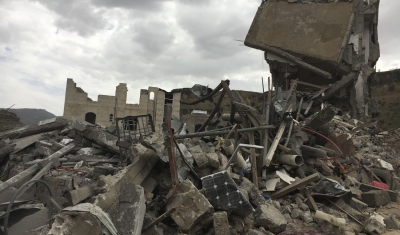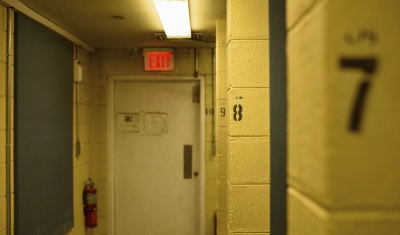Generating Compliance with Humanitarian Norms: The Less-Explored Avenues
Event


ICRC

Generating respect for international humanitarian law (IHL) and human rights law in times of armed conflict is at the top of humanitarian practitioners’ agenda and at the heart of legal scholarship. Traditionally, humanitarians have directly engaged parties to armed conflict in an effort to achieve the incorporation of humanitarian norms in the parties’ internal rules, training and accountability mechanisms. As this has had a limited effect, complementary avenues of compliance-generation are increasingly being sought.
The panelists in this online event, co-organized with the University of York Centre for Applied Human Rights, will discuss some such innovative approaches, exploring the interaction between IHL and Islamic law, the role of religious leaders as influencers of state and non-state parties to armed conflicts, the relationship between emotions and IHL, and civilians’ self-protection in territories under the control of armed groups.
MODERATION
- Émilie Max, Researcher, Geneva Academy
PANELISTS
- Emiliano Buis, Professor of International Law, University of Buenos Aires & Permanent researcher, Consejo Nacional de Investigaciones Científicas y Técnicas - CONICET
- Ioana Cismas, Reader, York Law School and Centre for Applied Human Rights; Principal Investigator, Generating Respect for Humanitarian Norms: The Influence of Religious Leaders on Parties to Armed Conflict
- Katharine Fortin, Assistant Professor, Netherlands Institute of Human Rights, Utrecht University; Principal investigator, Dangerous Liaisons: Civilian Agency, Armed Groups and International Law
How to Join the Discussion
Make sure you have created a Zoom account, if you haven’t yet, please create an account here.
Once you have created the account, please click register on the following link.
You will then automatically receive an email with the link to join the Webinar. On the day of the event, you will receive a reminder email, please select the link and you will be connected to the webinar.
If you are not sent to the meeting room but requested to download the app, just download it again (and if it doesn’t open the meeting, just re-click on the link).
Asking Questions to Panelists
Please use the chatbox to ask your questions, the moderator will make a selection of questions at the end of the presentations. There will be no possibility to interact by webcam and microphone in order to avoid connexion issues.
Video
Generating Compliance with Humanitarian Norms: The Less-Explored Avenues
The panelists in this online event, co-organized with the University of York Centre for Applied Human Rights, explored the interaction between IHL and Islamic law, the role of religious leaders as influencers of state and non-state parties to armed conflicts, the relationship between emotions and IHL, and civilians’ self-protection in territories under the control of armed groups.












